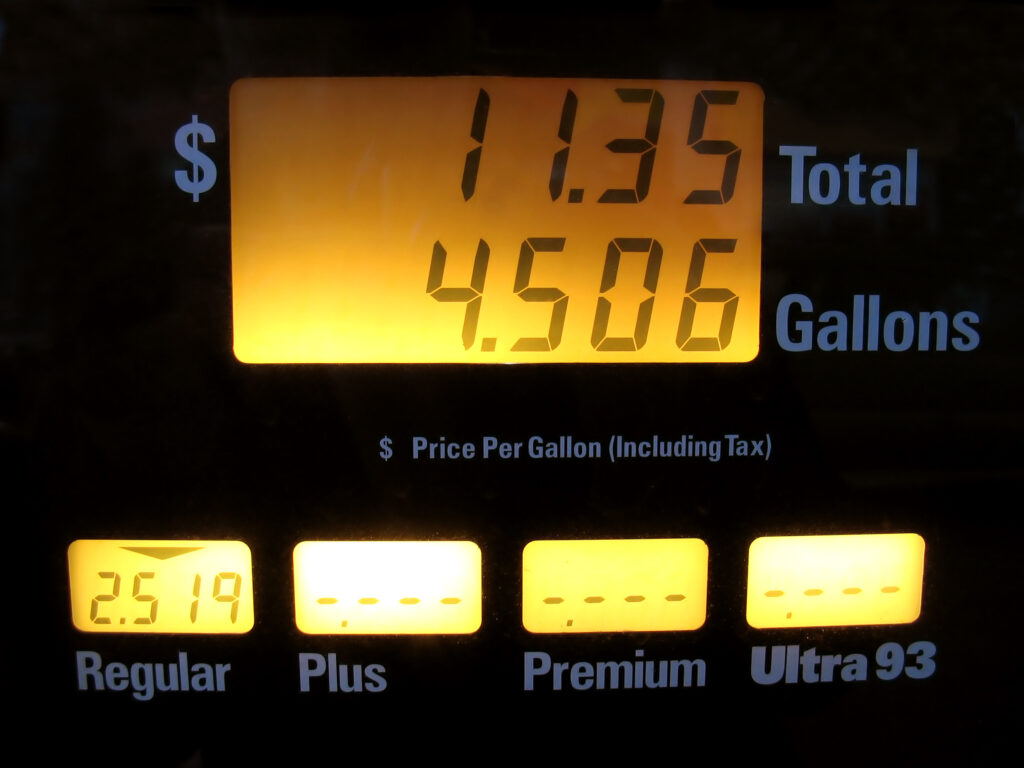Earnings before interest, taxes and amortization (EBITA) is an important financial metric that measures the profitability of a company. It’s a measure of how well a company is generating cash from its operations without taking into account non-operating expenses such as interest payments or income taxes.

During tough economic times, it can be challenging for companies to maintain their bottom line, let alone grow it. However, there are strategies that businesses can employ to increase their EBITA even in a recession. Here are some ways you can boost your bottom line during a recession:
Strategies for Increasing EBITA During a Recession
1. Cut costs: One way to improve your EBITA is by reducing your operating expenses. This could involve cutting back on unnecessary spending, negotiating better deals with suppliers, or finding more efficient ways to run your business.
2. Increase sales: Another strategy for increasing EBITA is to focus on growing your revenues. This might mean stepping up your marketing efforts, expanding into new markets or launching new products or services.
3. Improve pricing: You may also be able to increase your EBITA by adjusting your prices. This could involve raising your prices if demand is high, or lowering them to attract price-sensitive customers.
4. Manage inventory: Properly managing your inventory can help reduce waste and spoilage, which can have a positive impact on your EBITA.
5. Streamline operations: By streamlining your operations, you can eliminate inefficiencies and reduce overhead costs, which can lead to higher EBITA.
Making Smart Decisions in a Down Economy
One key to success during a recession is making smart decisions. This means being proactive rather than reactive, and focusing on long-term goals rather than short-term gains. Here are some tips for making smart decisions in a down economy:
1. Stay focused on your core competencies: Rather than trying to diversify too much, stay focused on what your company does best. This will allow you to leverage your strengths and remain competitive.
2. Prioritize cost control: Keep a close eye on your expenses and prioritize controlling costs over growth. This will help you preserve your capital and position yourself for future growth when the economy rebounds.
3. Invest in technology: Technology can often help businesses become more efficient and productive, which can lead to higher EBITA. Consider investing in tools like automation software or cloud computing solutions.
Case Studies of Companies that Successfully Boosted Their Bottom Line During a Recession
There are many examples of companies that have successfully grown their bottom line during a recession. Here are a few case studies:
1. Amazon: During the COVID-19 pandemic, Amazon was able to quickly pivot its business model to meet changing consumer demands. The company ramped up its online grocery delivery service and expanded its logistics capabilities, leading to record profits.
2. Walmart: Likewise, Walmart was able to leverage its massive store network to become a go-to destination for essential goods during the pandemic. The retailer also invested heavily in e-commerce, helping it capture a larger share of the online shopping market.
3. Netflix: Despite concerns about cord-cutting and declining subscriber numbers, Netflix has continued to post strong earnings thanks to its aggressive content strategy and international expansion plans.
Conclusion and Final Thoughts on Growing Your Business’s EBITA
In conclusion, while a recession can present significant challenges for businesses, there are still opportunities to grow your bottom line through smart decision-making and effective management of your resources. By focusing on cost control, revenue growth, and operational efficiency, you can increase your EBITA and position yourself for long-term success.



